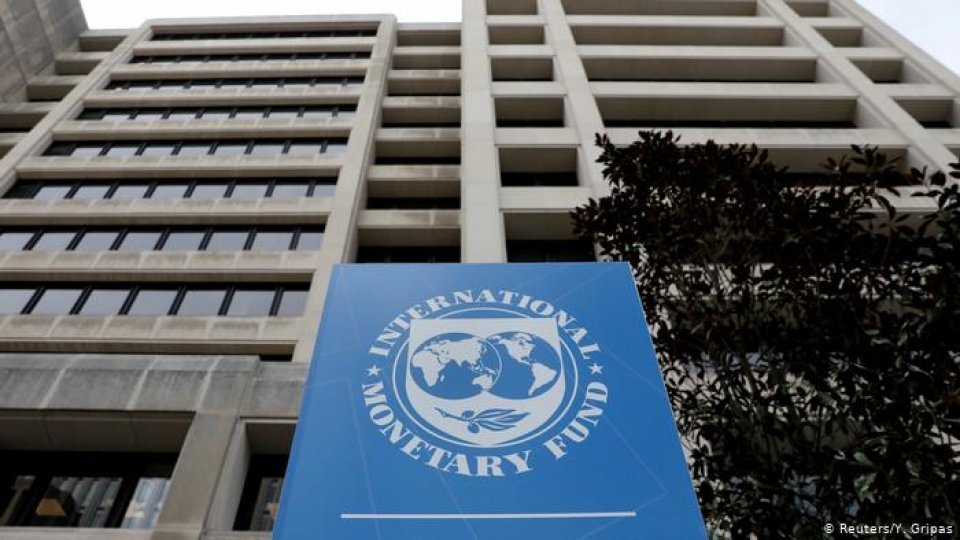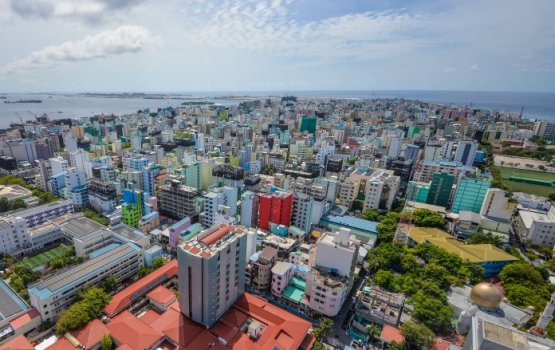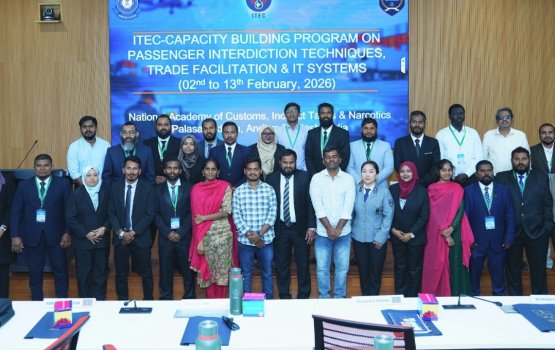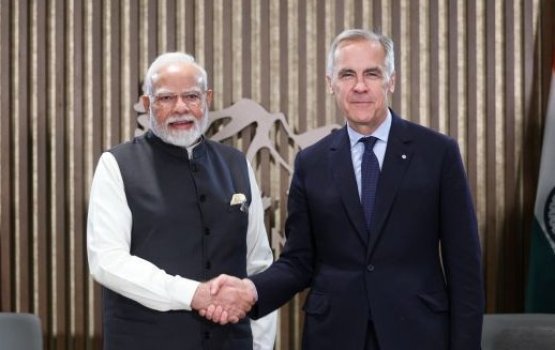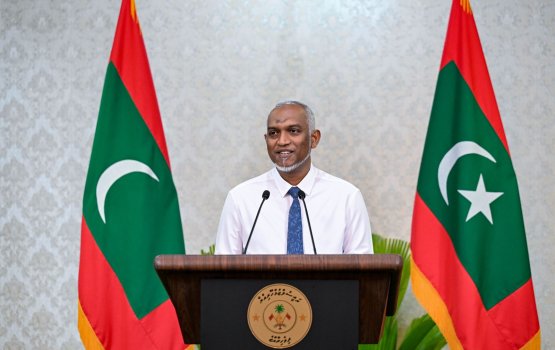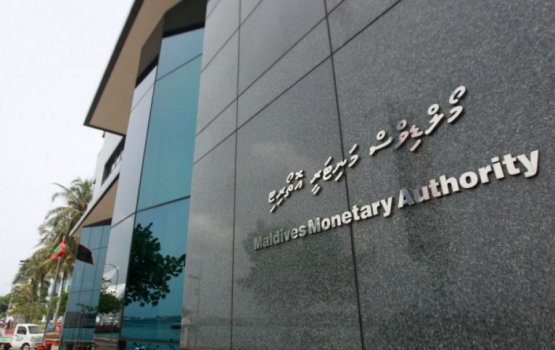International Monetary Authority IMF says Maldivian authorities are taking a welcome step to develop an ambitious and homegrown fiscal reform agenda, including subsidy reforms that phase out existing subsidies and replace them with targeted direct income transfers.
IMF said this in a statement issued by Piyaporn Sodsriwiboon, the head of an IMF team that visited Malé from January 23 – February 6, 2024, to discuss recent economic developments, the outlook, and the country’s policy priorities in the context of the 2024 Article IV consultation.
The statement said following the pandemic-induced contraction, the Maldivian economy expanded by 13.9 percent in 2022 and is estimated to grow by 4.4 percent in 2023.
It forecasted that as tourist arrivals are expected to rise further, growth is projected at 5.2 percent in 2024.
However, the IMF said that without significant policy changes, the overall fiscal deficits and public debt are projected to stay elevated, and the Maldives remain at high risk of external and overall debt distress.
The IMF said that discontinuing the use of the Maldives Monetary Authority (MMA) advances is a welcome first step. It added that monetary and macroprudential policies need to be tightened to ensure compatibility with the exchange rate peg while encompassing fiscal-monetary policy coordination.
IMF also said that together with enhancing financial sector oversight and crisis management, the financial safety net needs to be strengthened.
During its visit to the Maldives, the team held meetings with Finance Minister Mohamed Shafeeq, Governor Ali Hashim, and other senior government and MMA officials. The team also met with representatives from the private sector, bilateral donors, and development partners

